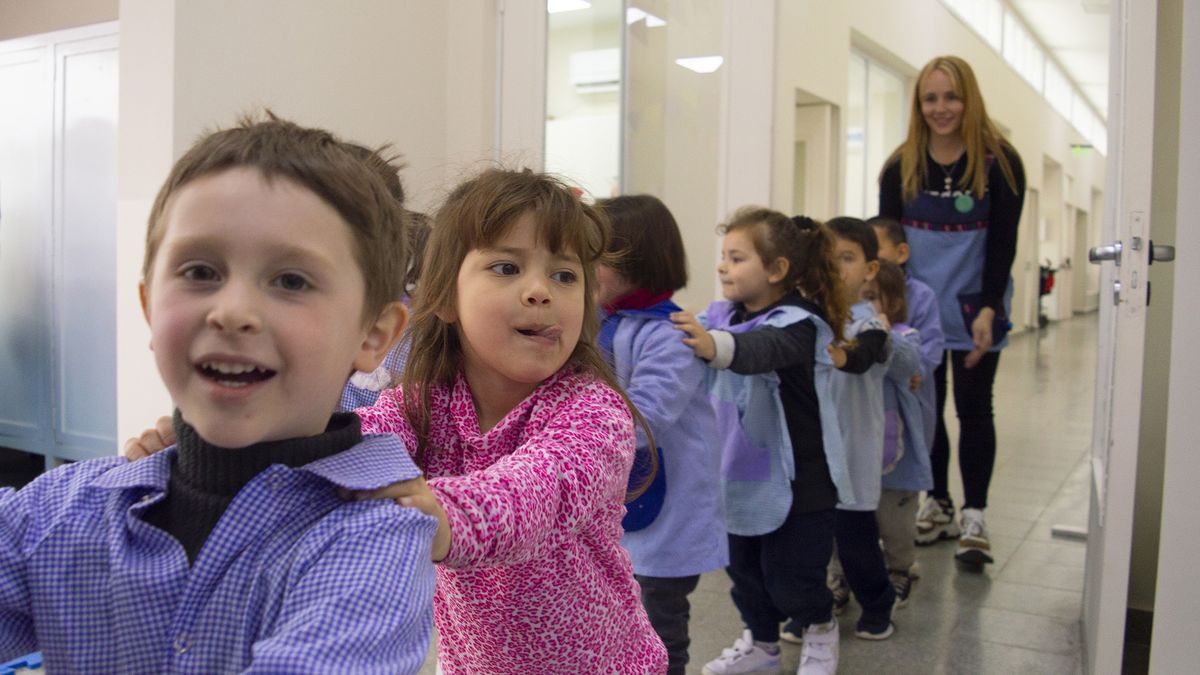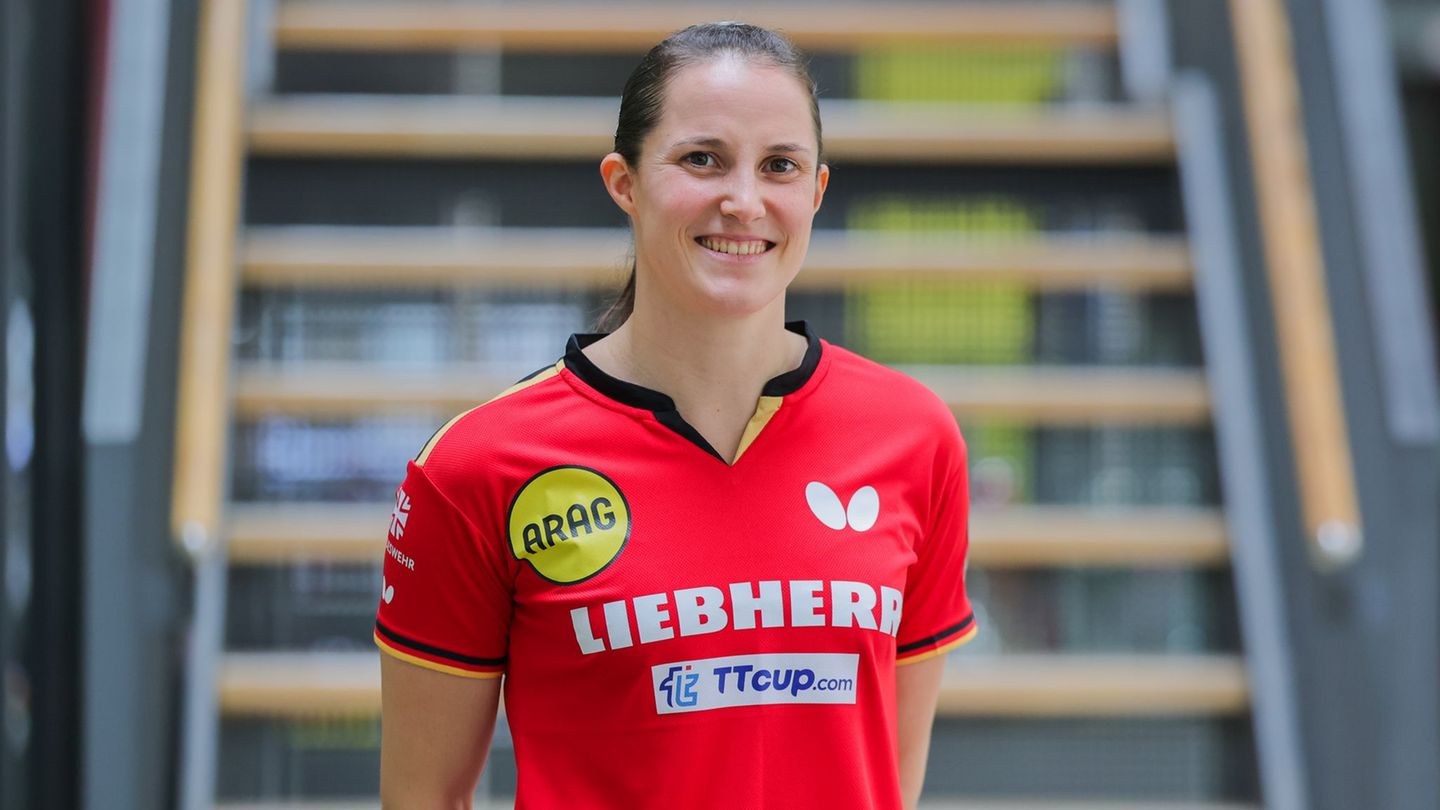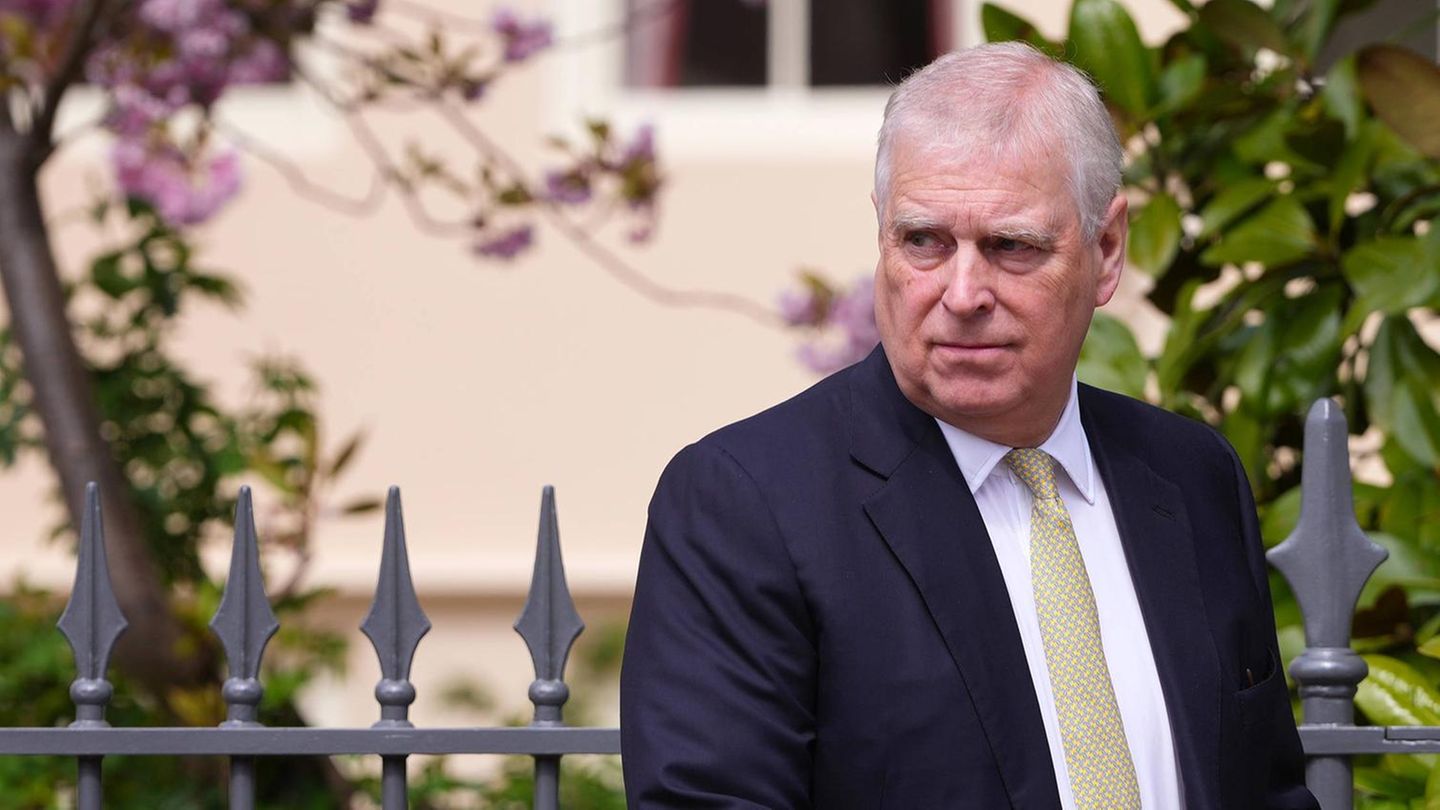The ultimate goal of education and educational institutions is the formation of full citizens, where they can identify their talents, develop them and put them at the service of themselves and the community, to live in democratic societies where social participation generates well-being. Understanding further that the basis for communities to achieve economic-social growth and increase harmonious coexistence requires the inclusion of everyone, ultimately it is a condition to make the Right to Education effective, among others.
Although, within the framework of the ideas, there is no doubt about the contribution of the school to social insertion and participation, the current debate is imposed by identifying the results, particularly in the most disadvantaged sectors: high educational coverage and efficiency indicators and worrying learning. This tells us that schooling does not guarantee social inclusion and consequently, as a society we have to worry and occupy ourselves.
The high enrollment in our country can confuse us, thinking that the Right to Education is covered, but the figures shock us. Only 41% in Language and 6% in Mathematics achieve a satisfactory/advanced level in vulnerable contexts (Aprender 2022). Furthermore, we identify in our environment stories without horizons, the immediacy in actions, the word future that does not fit into any reflection on life. Discouragement and the certainty that going through school does not generate another starting point invades people’s subjectivity.
And if we look at a Right that does not appear in any document “the right to dream”, we are even more complicated. Considering the possibility that, based on a basis of consistent development, children and young people can have the freedom to dream of the job or profession they want, to be owners of their present and their future, presents the darkest outlook.
Murillo and Román (2011) maintain that it is important to know under what conditions education is capable of realizing the promise of inclusion and mobility for its citizens and reflects on the real capacity of schools to counteract the weight of their students’ birth.
These statements and their analysis are more complex than they might seem, because education and educational actions do not occur in isolation. They take shape in a specific cultural capital, in contexts of economic fragility, with deficient health coverage, with social problems without assistance, with educational systems that do not care for or promote their main actor in the pedagogical intervention: the teacher and the teams.
None of the proposals can be thought of outside of these realities. But considering that CHILDHOOD IS TODAY, we propose to identify contextualized possibilities of efficient action knowing the various components that condition and interact with the School, the teaching team, students and families.
In the Buenos Aires suburbs, San Fernando District, the Madre Teresa School operates, which is a free, non-profit socio-educational institution specialized in working with the most vulnerable boys, girls and young people whom we accompany through education to live. their present and project their future with possibilities of being. We offer situated and diversified education. We integrate breakfast, lunch and snack coverage, in response to basic nutritional needs and as an educational space. We promote culture, through a Symphony Orchestra, sports for girls and young people with hockey and we accompany graduates and young people in the community in their work or study careers.
The evidence is eloquent: We reach 1,300 girls and boys from vulnerable neighborhoods with a free comprehensive service, we have supported the right to education without interruptions for 21 years. We address the external or internal circumstances (that exist) as a team and specify the classes without suspending any day. The Learn 2022 tests indicate that enrollment remains stable throughout secondary school, indicates 0% dropout and that 88% of students achieved Satisfactory and Advanced performance levels in the Language evaluation, and in Mathematics they did so. 50%. 82% follow a career or have formal employment.
These quality results involve considering sustainability and replicability at the budgetary level. In this sense, transparency from accountability to both the State and private income is a guiding principle of the Madre Teresa School. We manage funds that do not belong to us and we respond to their purpose: Access to knowledge and social transformation.
The Madre Teresa School illustrates a system and a set of dimensions that fail but also demands action: Schooling with a guarantee of inclusion. This implies collective will and decision; it requires integrating the environment and all social actors for it to be viable.
Mother Teresa of Calcutta said: “If you do not live for others, life is meaningless.” This phrase does not lose validity and, today more than ever, we have the responsibility of transforming these intervals of solidarity into a constant commitment. The resource of humanity that makes the difference today is knowledge and we are working on that in the short and long term and on International Children’s Day, we want to add more to this possible challenge.
Executive Director of Mother Teresa School
Source: Ambito
I am an author and journalist who has worked in the entertainment industry for over a decade. I currently work as a news editor at a major news website, and my focus is on covering the latest trends in entertainment. I also write occasional pieces for other outlets, and have authored two books about the entertainment industry.




